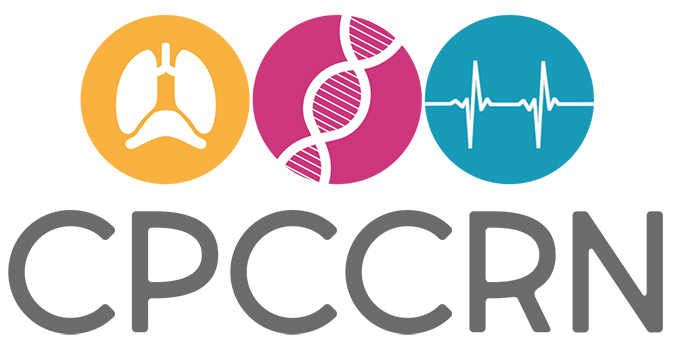Overview
 Pediatric critical care, or the effective and efficient care of children with critical or unstable conditions, is an important and growing subspecialty in pediatrics. Much of the technology and many therapies in pediatric critical care have evolved without adequate study or have been adopted uncritically from adult, neonatal, or anesthetic practice. As a result, the risks and benefits of much of intensive care practice remain largely unknown. Research is needed to make best decisions regarding effective critical care practices. Rigorous use of appropriate scientific methodology, deployed across a network structure, achieves the numbers of patients required to provide answers more rapidly than individual sites acting alone.
Pediatric critical care, or the effective and efficient care of children with critical or unstable conditions, is an important and growing subspecialty in pediatrics. Much of the technology and many therapies in pediatric critical care have evolved without adequate study or have been adopted uncritically from adult, neonatal, or anesthetic practice. As a result, the risks and benefits of much of intensive care practice remain largely unknown. Research is needed to make best decisions regarding effective critical care practices. Rigorous use of appropriate scientific methodology, deployed across a network structure, achieves the numbers of patients required to provide answers more rapidly than individual sites acting alone.
NICHD funds the CPCCRN through its Pediatric Trauma and Critical Illness Branch (PTCIB). The network, first established in 2004 and initially funded through a 5-year cooperative agreement mechanism, has been recompeted multiple times. The most recent recompetition, in 2021, used a PL1, or linked-center grant, which allows the network to increase substantially in size and scope.
The most recent CPCCRN iteration includes 13 core clinical sites, 12 ancillary sites (hospitals), and a Data Coordinating Center (DCC). It seeks to accelerate pediatric critical care research, leading to evaluation of promising new approaches to life support and critical decision-making in complex childhood illnesses and injuries.
With its changed format and size, the network is primed to conduct large-scale multicenter randomized controlled trials, such as the ongoing effort on personalized testing and targeted management of immune function in infants and children with sepsis-induced multiple organ dysfunction syndrome (MODS). Results from this and other CPCCRN studies have the potential to be paradigm-shifting in critical care management and care.
Topic Areas
Since its start, the CPCCRN has conducted controlled observations and objective evaluations of pediatric critical care practices, including new management and technology methodologies, in children with complex critical illnesses and injuries as well as coping, bereavement, and grief-related topics. The resulting data help to balance prompt implementation of new technologies and treatments with effective evaluation of their safety, efficacy, cost/risk/benefit ratios, and effects on long-term outcomes for children and their families.
Current priority areas for the network include the following (in alphabetical order):
- Critical illness in children with complex, chronic health conditions
- Intensive care unit processes, including (but not limited to) cardiopulmonary resuscitation, mechanical ventilation, extracorporeal therapies, etc.
- Life-threatening pediatric trauma
- MODS in children
- Palliative care in pediatric critical illness
- Pediatric acute respiratory distress syndrome
- Pediatric sepsis
More Information
-
CPCCRN Website
(maintained by the CPCCRN DCC at the University of Utah)
- CPCCRN-Developed Resource: Functional Status Scale (FSS) for Pediatric Hospitalization Outcomes: A Tool for Researchers
- NICHD Contact: Tammara Jenkins

Browse studies and request data for your research.
 BACK TO TOP
BACK TO TOP